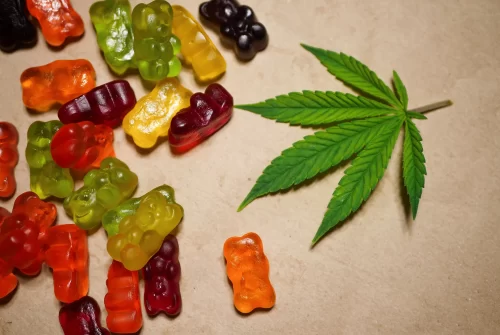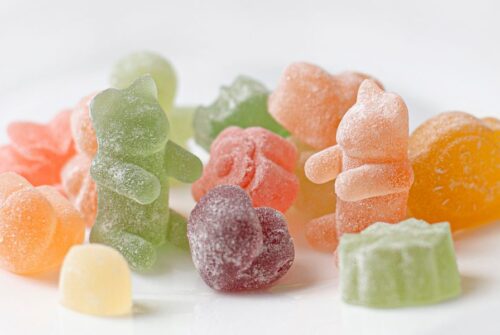
Even if you clean your teeth every day, everyone has oral bacteria that can lead to tooth decay. When you eat sugary meals, the rotting process becomes much more problematic because these bacteria take the sugary leftovers and transform them into acids that may cause serious tooth decay. However, your saliva contains minerals that may help in the repair of the tooth surface. Additionally, fluoride-containing toothpaste has the potential to partially heal the tooth. Nonetheless, it’s time to see a dentist for dental care for your family in Greenbelt if you see any cavity or “hole” on the tooth’s surface.
What are dental sealants?
Dental sealants are thin, translucent plastic coatings that dentists put directly on teeth. The primary purpose of dental sealants is to protect the areas of teeth that are vulnerable to decay as a preventative treatment against tooth decay and degeneration. Dental sealants serve as the enamel’s first line of defense against damaging germs, plaque, and food particles that can all result in cavities.
If you’re curious about the advantages of receiving dental sealants, they are that they are clear in color and hence undetectable. Additionally, applying them just requires a few minutes. Sealants don’t hurt, are safe, don’t involve drilling, and are an alternative to other dental procedures.
Preventing cavities:
One of the best precautions you can take to avoid cavities is by getting dental sealants. When an oral surgeon examines your teeth and finds tooth decay, dental sealants are often recommended to stop further damage. Your dentist will seal off any grooves or cracks on the outermost layer of your teeth with a translucent plastic covering in order to prevent decay. You would ensure that any acids or microorganisms that may trigger cavities are kept from reaching your teeth by doing this.
Children should normally have sealants as soon as their permanent molars and premolars erupt to safeguard these teeth during the cavity-prone ages of 6 to 14.
Baby teeth are critical for maintaining the proper spacing for permanent teeth; thus, it’s necessary to keep them healthy. Dental sealants may occasionally be suitable for infant’s teeth with deep grooves and depressions.
Final thoughts:
Cavities are generally caused by particles of food that frequently get wedged between teeth. Therefore, if you choose to have dental sealants, they will work as a barrier to stop food particles from reaching the surface of your teeth, protecting the general health of your teeth by lowering the risk of developing cavities. This is based on a dentist’s recommendation.






